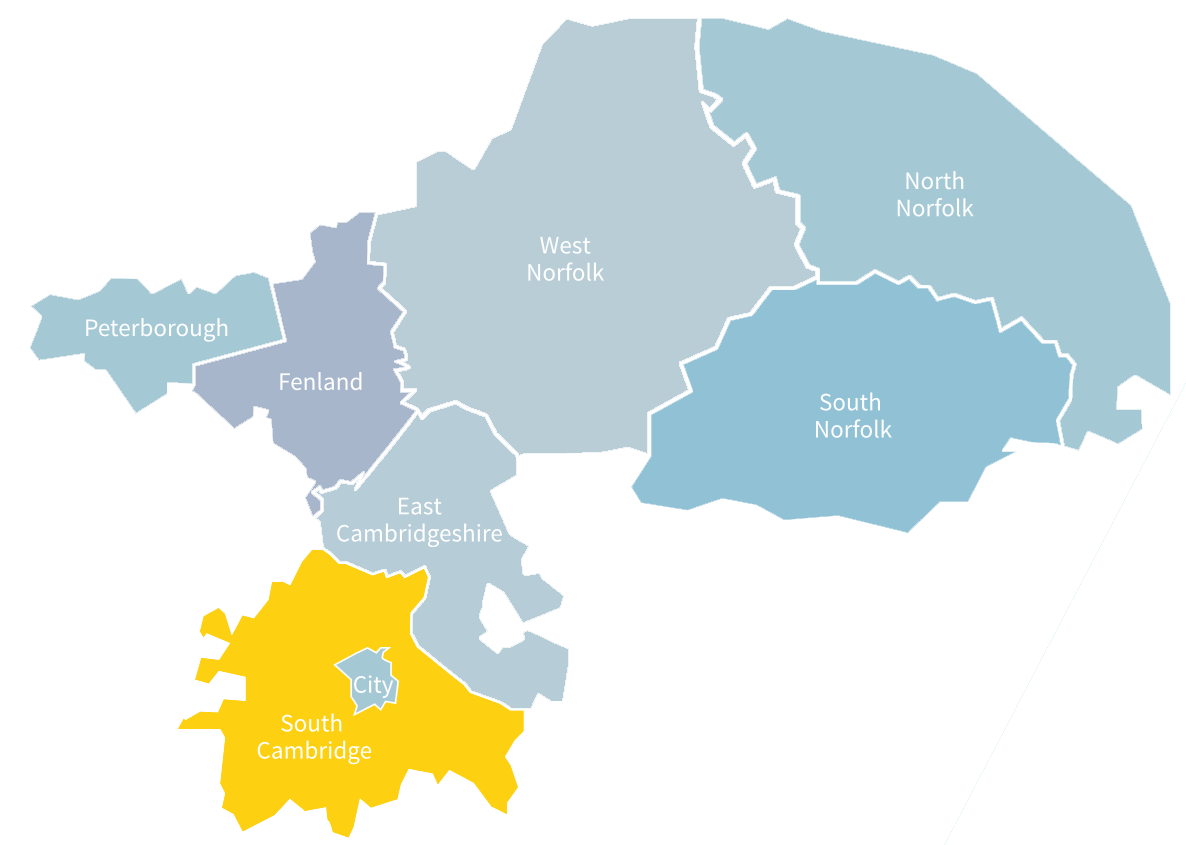Author Dr Jane Hawking made a very moving appeal for improved support to be provided for family carers at the Carers Trust Cambridgeshire & Peterborough’s 30th anniversary event.
She made seven key recommendations based on her experiences of 25 years as a carer for Professor Stephen Hawking which she says pushed her to the brink.
They are:
1. Care should be arranged around the needs of a patient, particularly if that patient wants to do a full time job.
2. A regular provision of care in the home should be provided, perhaps at a specific time of day to relieve the constant burden on the principal carer.
3. A full acceptance of respite care for the carer can only be achieved with a sympathetic, but independent, outsider who can gain the trust of the patient and represent to him or to her the importance of the wellbeing of the carer.
4. The needs of the children of the family must be put first in considering the overall picture and should not be used inappropriately as another pair of hands.
5. Confidential counselling should be available to the family member who is shouldering the huge burden of caring for a disabled person.
6. Advice on technical support should be available to help with equipment that has been provided which can transform lives.
7. When a patient is to be discharged from hospital, the burden of care must not fall on the principal family member. Carers and nurses entering private homes must be properly vetted as people working with children already are. The patient and the family are one unit and should be seen and respected as such.
In a poignant speech, Dr Hawking told the audience of carers and social care professionals: “Although I was young and full of energy, the physical strain of keeping house, shopping, driving, single-handedly looking after my disabled husband who could do very little for himself, and looking after our two adorable small children unaided, was inescapable. If only there had been someone just to help spoon feed children at mealtimes when I was looking after the children.
“I had reached the stage where I wanted professional help to see the way forward that seemed to be spiralling down into darkness. I could no longer cope on my own, but any mention of the illness would seem as a personal insult. I desperately needed to be able to talk about intimate matters, family matters and the future without feeling disloyal. There was no-one I could talk to, I was feeling on the edge, and were it not for my children, I might have thrown myself in the river.”
Dr Hawking was speaking at the Carers Trust Cambridgeshire & Peterborough’s anniversary event entitled Evidence for Supporting Carers which was held at Murrey Edwards College, Cambridge.
She described how she became more and more exhausted in the 1970s and how their young children were called upon to function as their father’s arms and legs.
“This I found worrying as increasingly they, especially my eldest son Robert, were being deprived of their childhood and that of outside help, either from the state or from non-existent charitable organisation. I gather that there are still 1 million children caring for disabled parents in this country. What a disgraceful reflection on our society that is.
“I hope the Carers Trust might be able to, or already has, addressed some of the problems that I have outlined and perhaps has independently already adopted some of my suggestions so that today caring for a severely disabled person in a family setting is a happier and easier experience than it once was.”
Dr Helen Brown, CEO of Carers Trust Cambridgeshire & Carers Trust Peterborough, said Jane’s moving speech came straight from the heart and resonated with family carers in the audience who they are supporting.
She said: “We are already providing some of the important services which Jane suggests and are desperately needed. More people are going to have the experience of becoming carers in the future as our elderly population increases and there isn’t the funding and the budget to support them, or the numbers of professional staff that we need.
“We do need to change and legislation is driving social care to integrate. At present, integration and joined up services for families aren’t very joined up, we need to be doing more than that.”
Two other key speakers described their work in improving support for carers: Jennifer Kenward, Participation Lead for NHS England and End of Life workstreams, and Amy Baldwin, Carer Lead from the Department of Health.
Jennifer outlined the NHS’s Commitment for Carers’ progress in the first year, and why carers are central to the NHS 5 Year Forward View which sets out a vision for the future of the NHS, and Amy spoke about supporting working carers and plans for the government’s recently announced new carers’ strategy.
* Carers Trust Cambridgeshire & Care Trust Peterborough later held its annual meeting when Helen announced they had supported more family carers than ever before, 5,717 in 2014-15 compared to 3,500 in 2013-14.
In her report, Dr Brown said: “We have had our best year yet, but we are still scratching at the surface. We don’t want to be Cambridgeshire’s best kept secret as people tell us too many times that they wish they had known about us before, often feeling exhausted and very stressed.”
Watch the interview with Dr Hawking.






